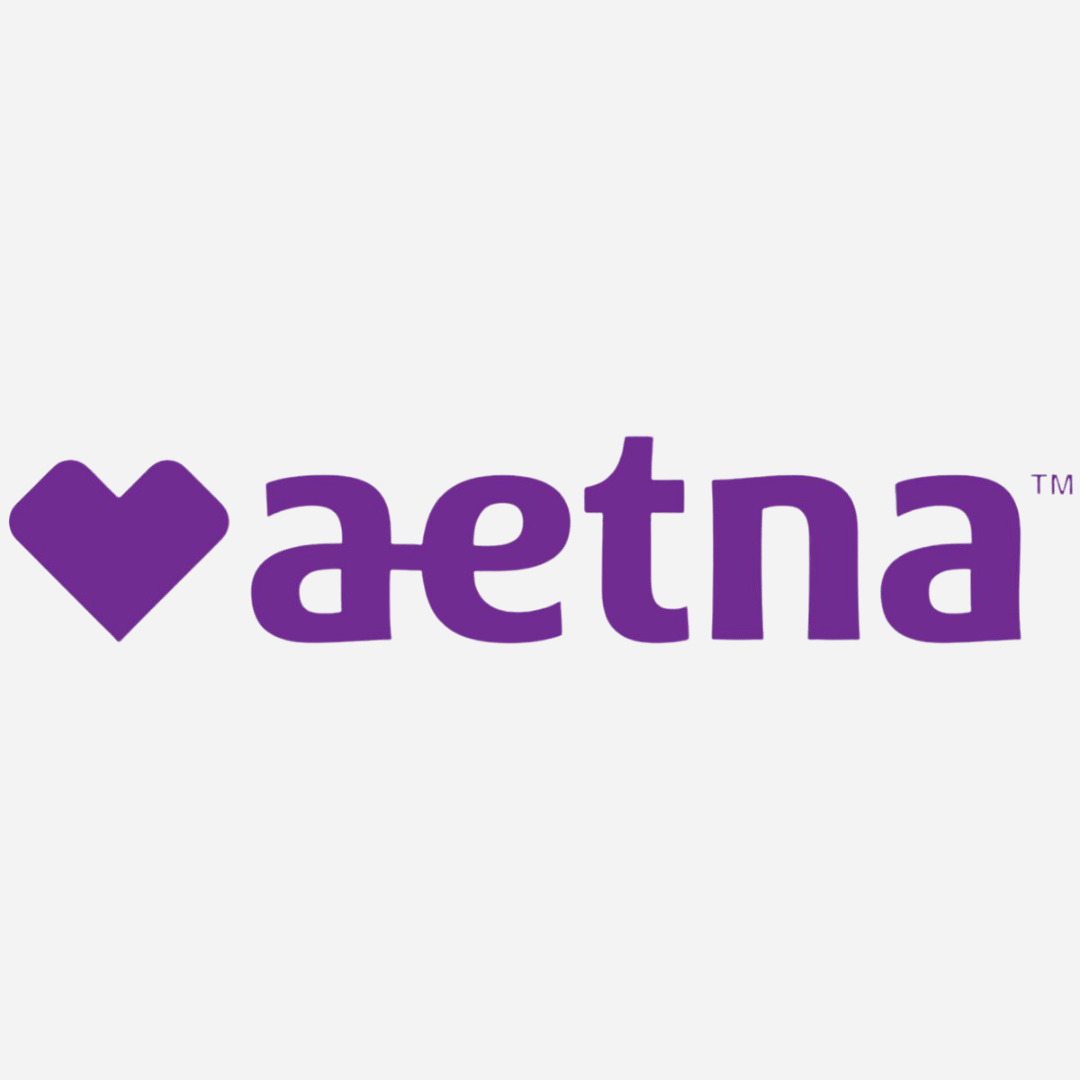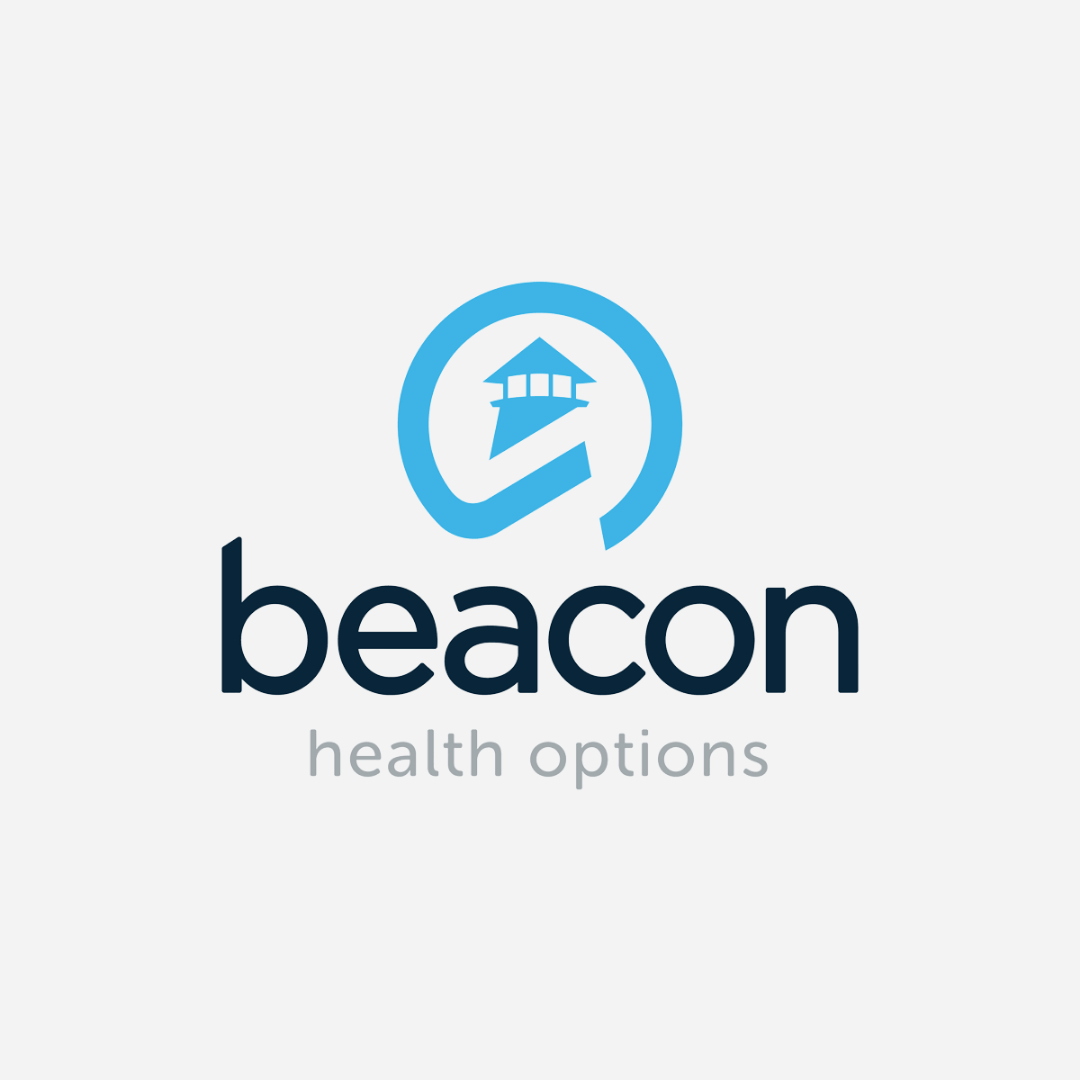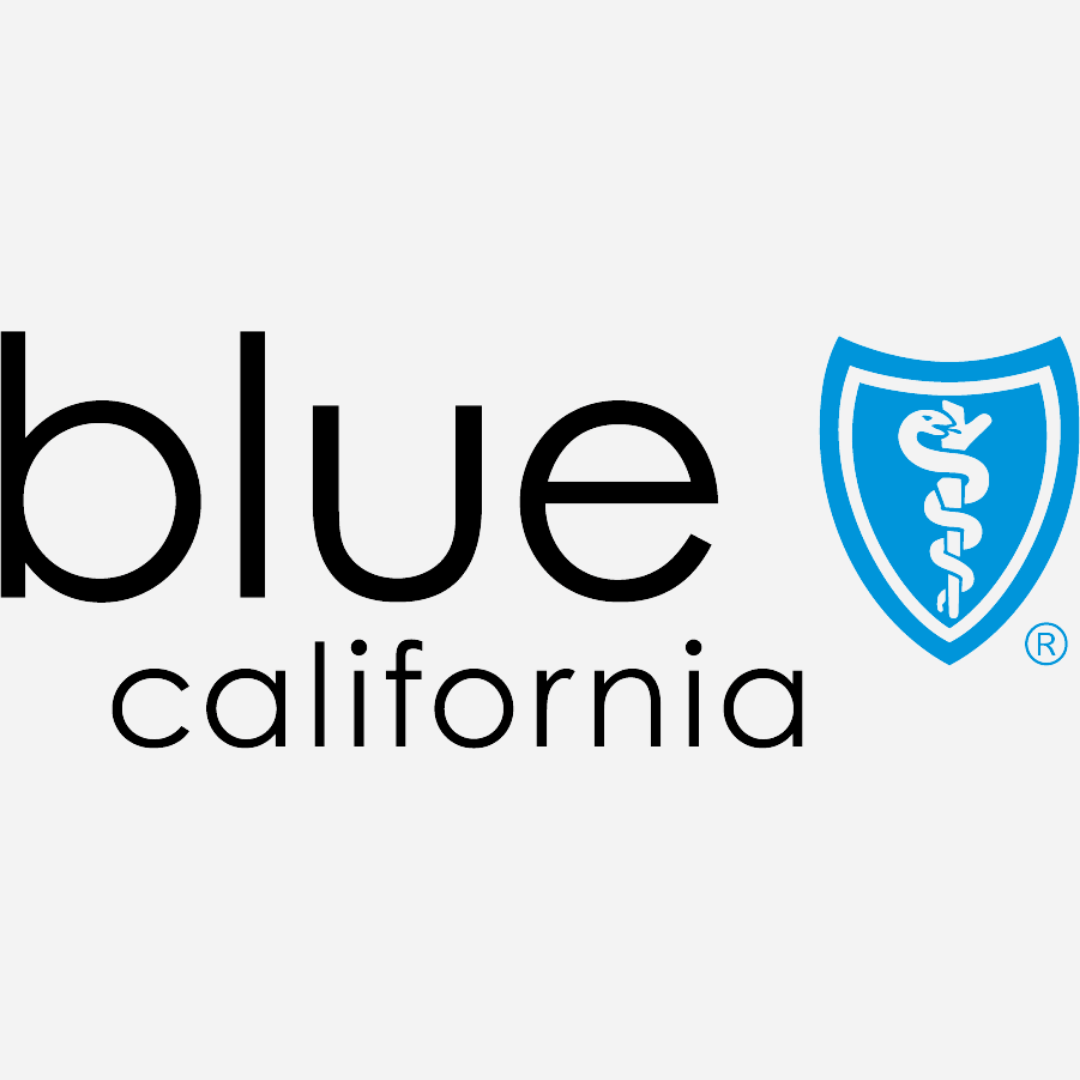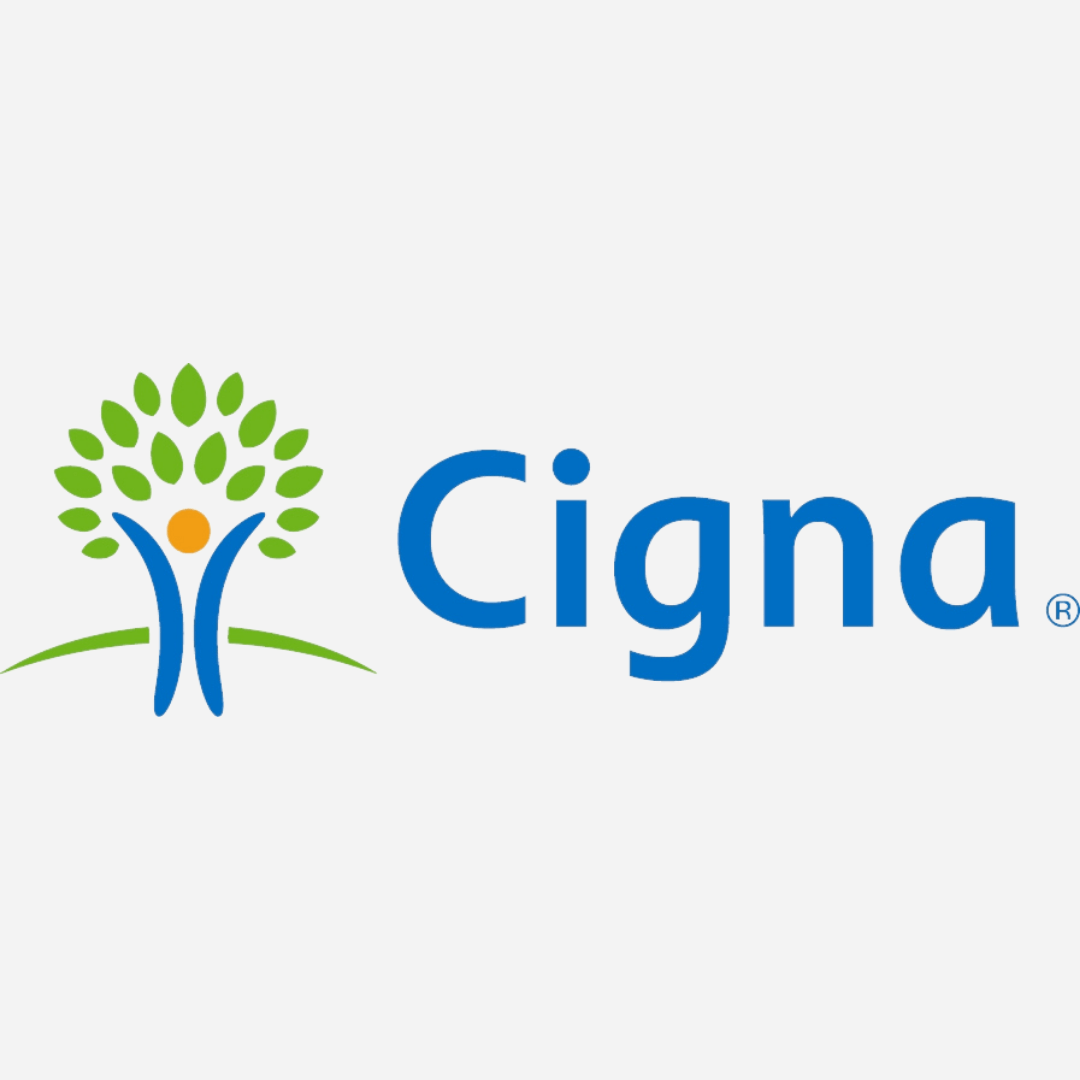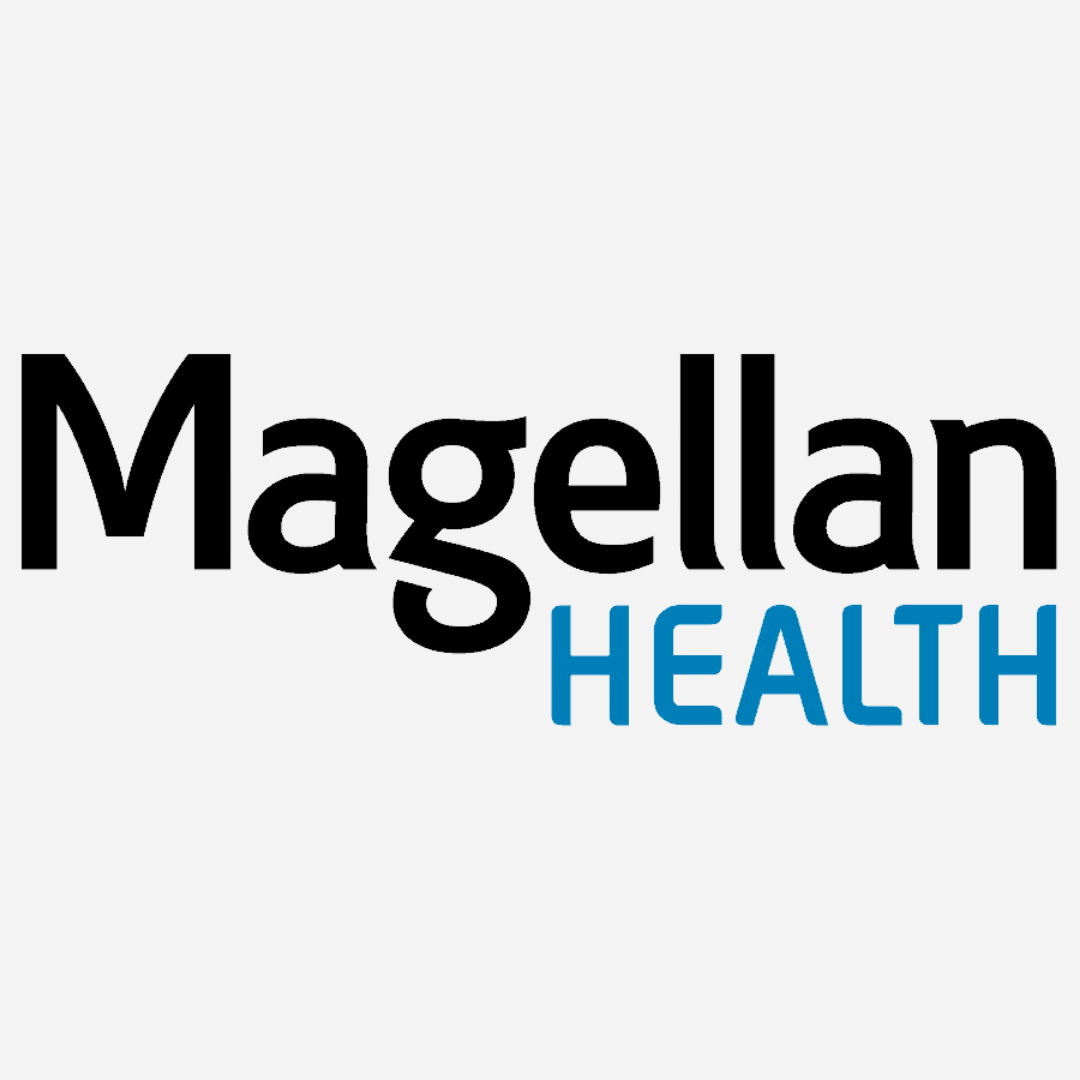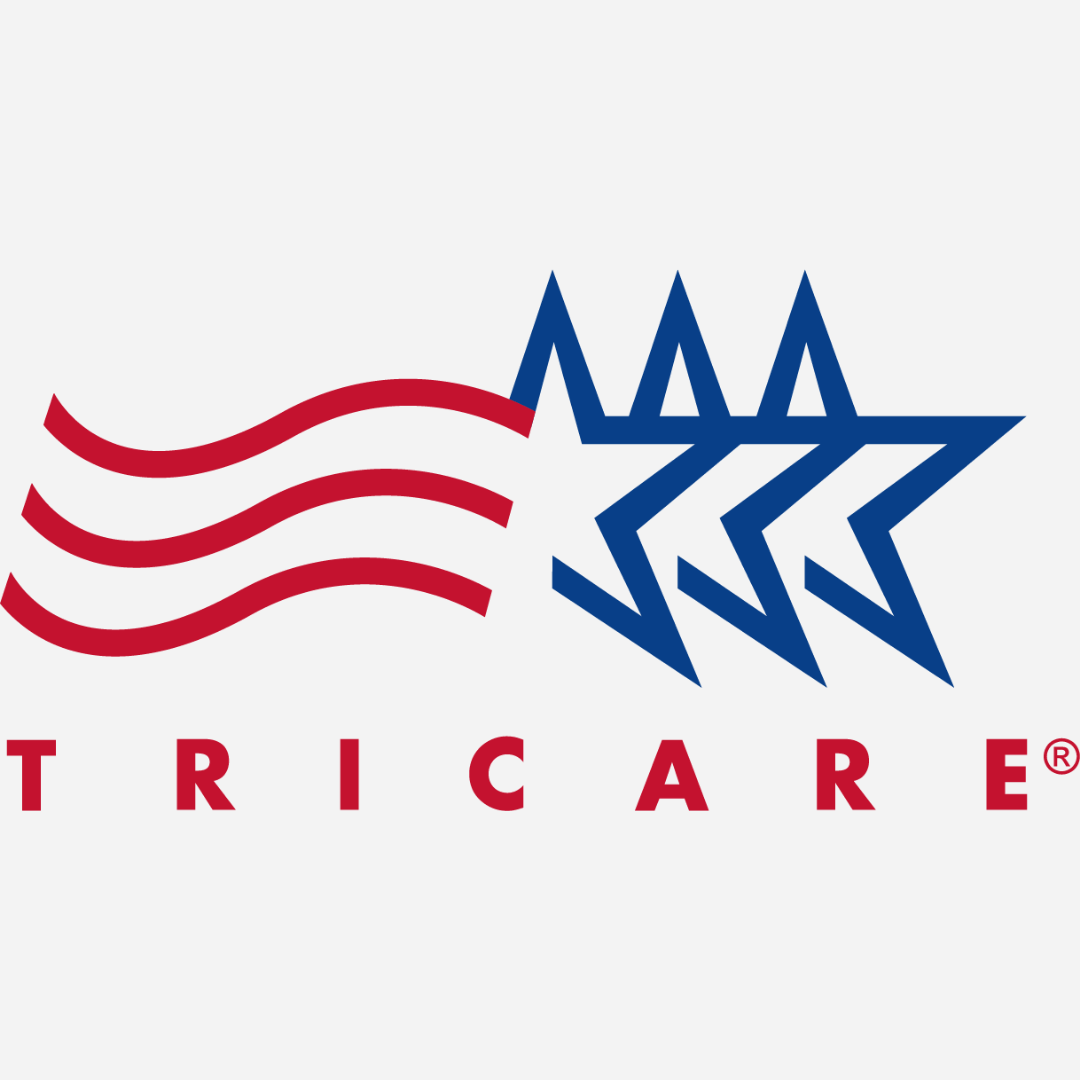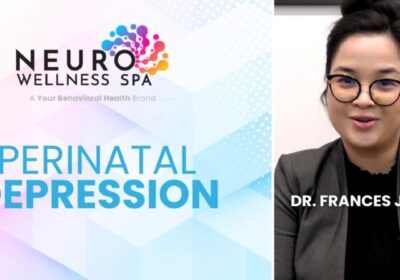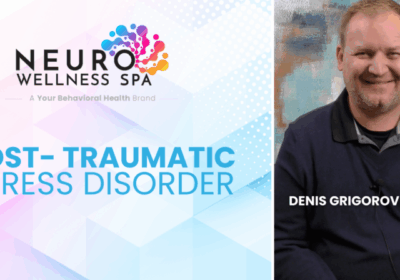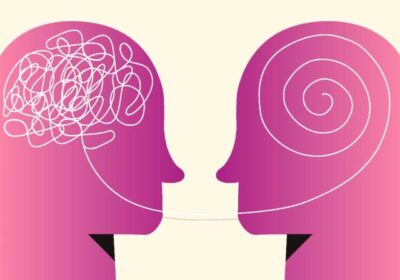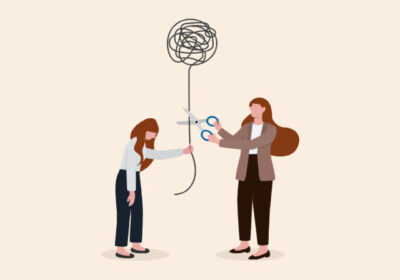Psychiatry, Psychotherapy, and TMS Therapy for Addiction
Living with addiction is one of life’s most challenging journeys – one that affects not just individuals, but entire families and support networks. At Neuro Wellness Spa, we understand that reaching out for help takes tremendous courage.
We combine medical expertise, therapy, and proven interventions to help you overcome substance use and rebuild a fulfilling life. Our comprehensive substance use treatments addresses both the visible and invisible aspects of addiction and build a strong foundation for long-term recovery.
.
How We Can Help Treat Your Addiction And Substance Use Disorder
Recovery isn’t just about stopping substance use – it’s about rediscovering yourself and building a life filled with purpose and connection. Our expert team recognizes that addiction often emerges as a way to cope with deeper emotional pain and mental health challenges. We’re here to help you understand and heal from these underlying experiences while developing healthier ways to navigate life’s difficulties.
Every person’s path to recovery is unique. That’s why we take time to understand your individual story, challenges, and goals before creating a treatment plan that aligns with your needs. Our comprehensive approach combines several proven therapeutic methods:
Medication Management for Substance Use
We understand that considering medication can feel overwhelming. Our experienced psychiatrists work closely with you to determine if medication might be helpful in your recovery journey.
For those actively working through substance use, we offer carefully selected medications that can ease cravings and support your stability while participating in treatment. These medications may include:
- For alcohol abuse: naltrexone and acamprosate are most commonly prescribed to reduce cravings and support you while in an alcohol treatment program.
- For opioid abuse: Buprenorphine and naltrexone are prescribed to help reduce cravings and support you while in an opioid treatment program.
If you’re further along in your recovery, we focus on addressing any underlying mental health concerns that may have contributed to substance use in the first place. The approach and medications prescribed ultimately depend on the underlying diagnosis. We will work closely with you to identify the best medication for you.
Psychotherapy for Substance Use
Healing happens in relationships built on trust and understanding. Our therapists create a safe, non-judgmental space where you can explore your experiences and develop new coping strategies. We offer several therapeutic approaches, including:
- Psychoeducation: this modality is not therapy but incorporates several different topics, with the ultimate goal of bringing you more awareness about the interplay of addiction, substance use, and mental health and how to curate a long-term recovery strategy. Some topics include signs of withdrawal, trigger management, health coping strategies, implementing routines, relapse prevention, and more.
- Motivational Interviewing: motivation to get sober and stay sober is something that is hard to overcome when struggling with substance use. Motivational interviewing works by building up your intrinsic motivation and channeling it towards a single goal, in this case, sobriety.
- Family systems: Addiction impacts not only the individual but the entire family unit. The family systems model examines the family’s role in the addiction and helps identify changes that can positively influence recovery, such as avoiding enabling behaviors. This approach fosters a supportive environment, crucial for the individual’s healing process and the family’s overall well-being.
TMS Therapy for Substance Use
For many people, traditional treatments are just one part of the recovery puzzle. That’s why we also offer TMS therapy – an innovative approach that can help repair the brain’s natural reward pathways and reduce cravings while addressing co-occurring conditions like depression and anxiety.
By targeting both addiction pathways and underlying mental health conditions like depression, anxiety, and trauma, TMS reduces the need to use substances as a coping mechanism. Research supports its effectiveness in addressing both substance use and co-occurring mental health symptoms.
At Neuro Wellness Spa, we provide personalized TMS sessions in private treatment rooms at conveniently located facilities across Los Angeles, and covered by most insurance.
Residential & Outpatient Programs for Substance Use
Recovery thrives in community. Through our partnership with Clear Behavioral Health, we can connect you with additional levels of care when needed, including detox & residential programs and outpatient services for dual diagnosis. You’re never alone on this journey – our entire team is here to support you every step of the way.
Why Us?
When you’re ready to take that first step toward healing, choosing the right partner matters. At Neuro Wellness Spa, we bring together clinical expertise with genuine compassion to support your recovery from substance use. Our team understands that seeking help takes courage, and we honor that courage by providing the highest quality care in a supportive, understanding environment.
We will warmly usher you through our behavioral health ecosystem so you can get the right level of care at the right time. Our clients place their trust in us to navigate them through treatment, empowering them to heal from the effects of addiction and other related mental health challenges effectively.
Get started in a few easy steps
Check eligibility
See what you can save through your insurance plan.
Brief assessment
Answer a few questions to get started.
Meet your provider
Begin the journey towards a happier, healthier you.
Our Locations
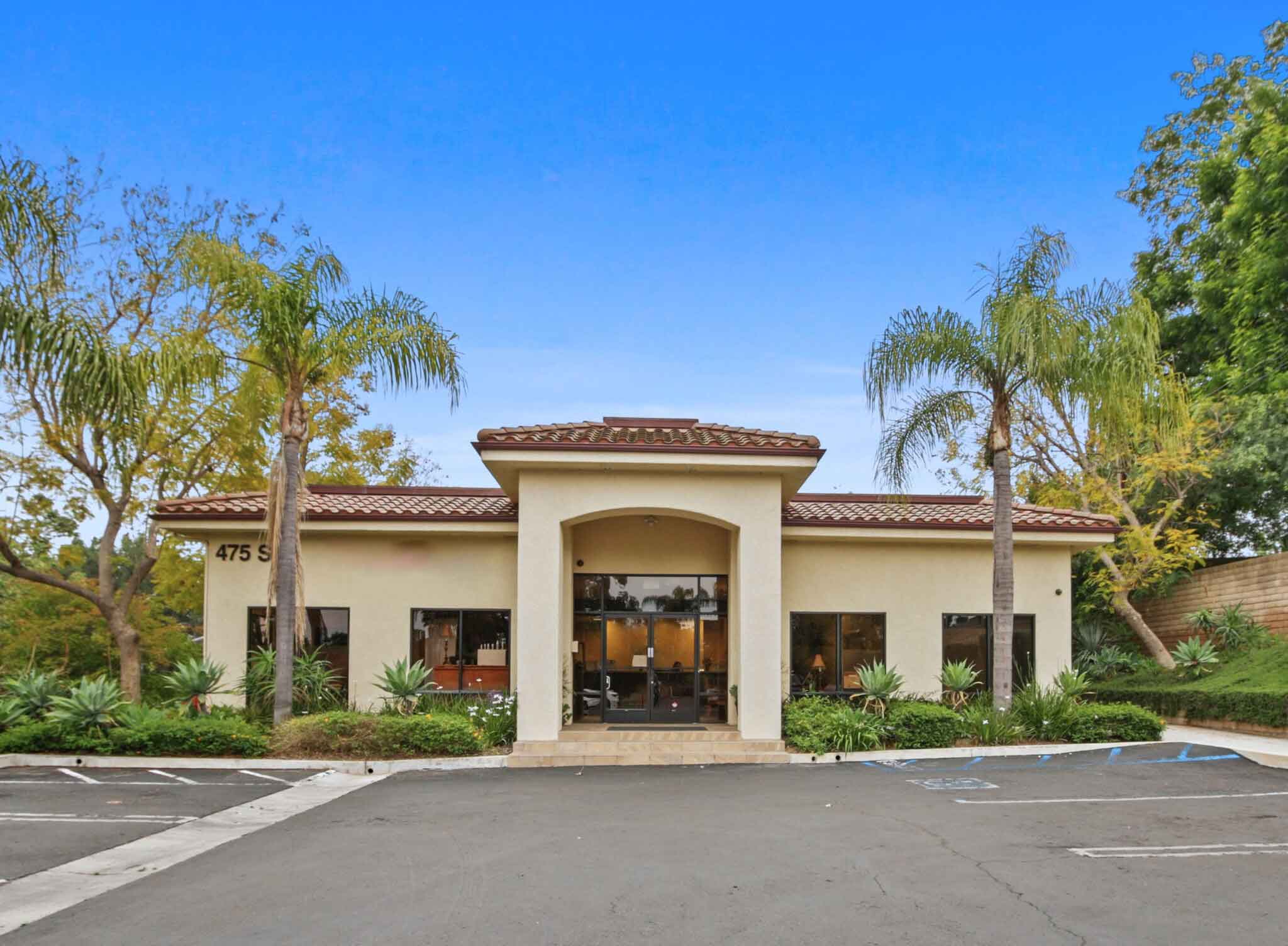
Brea

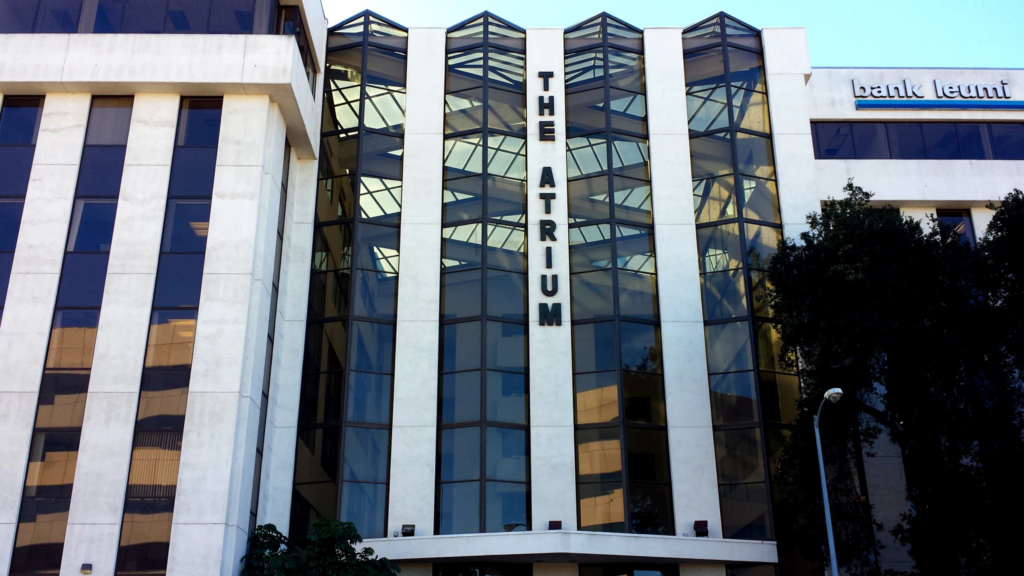
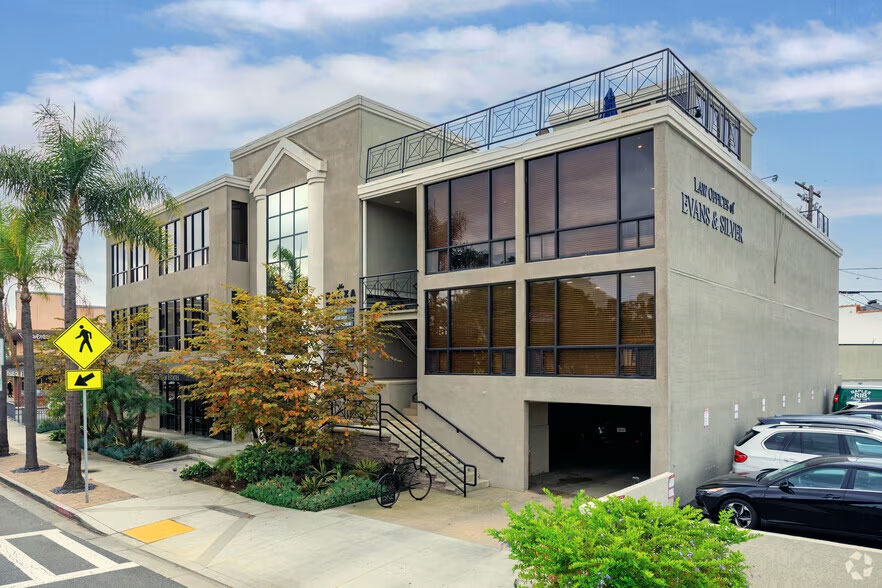



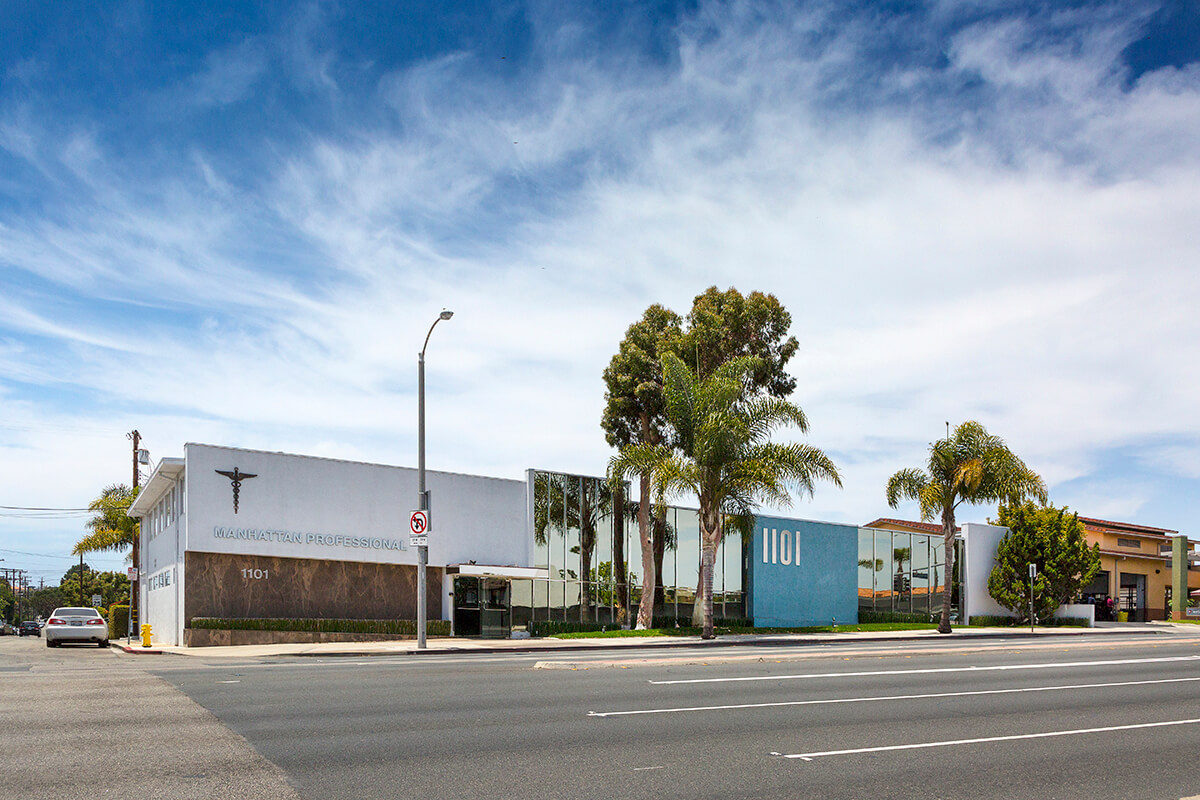


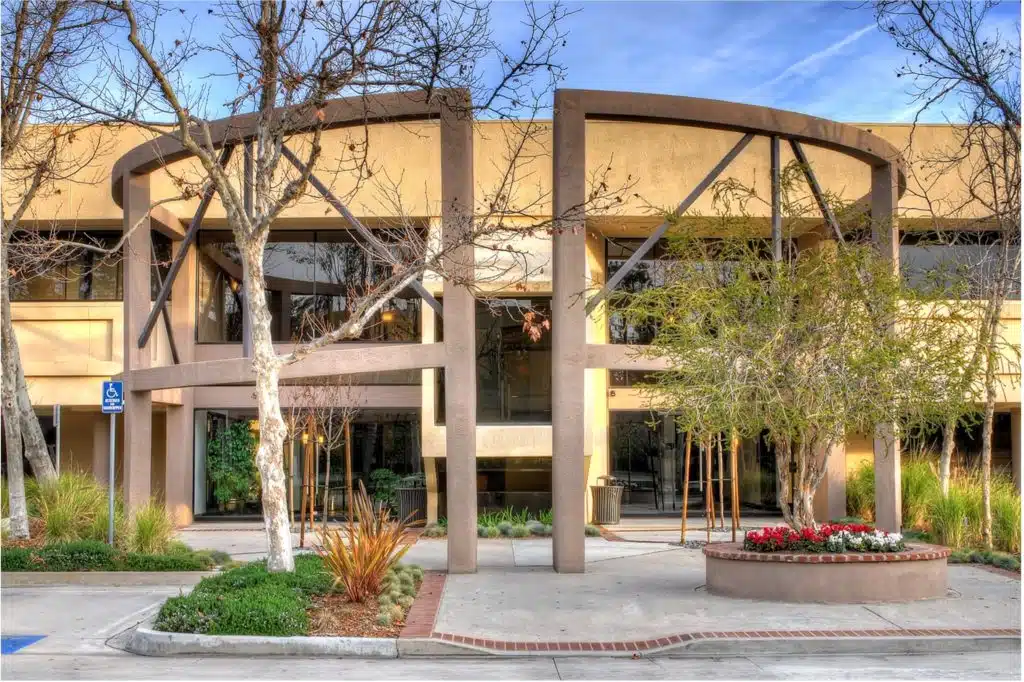
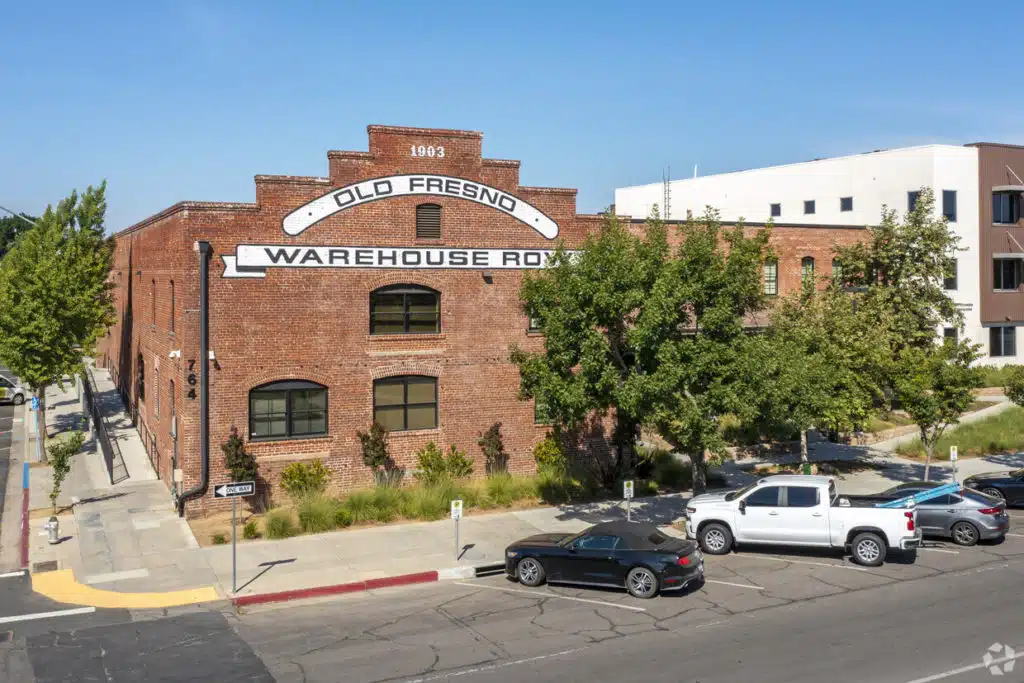
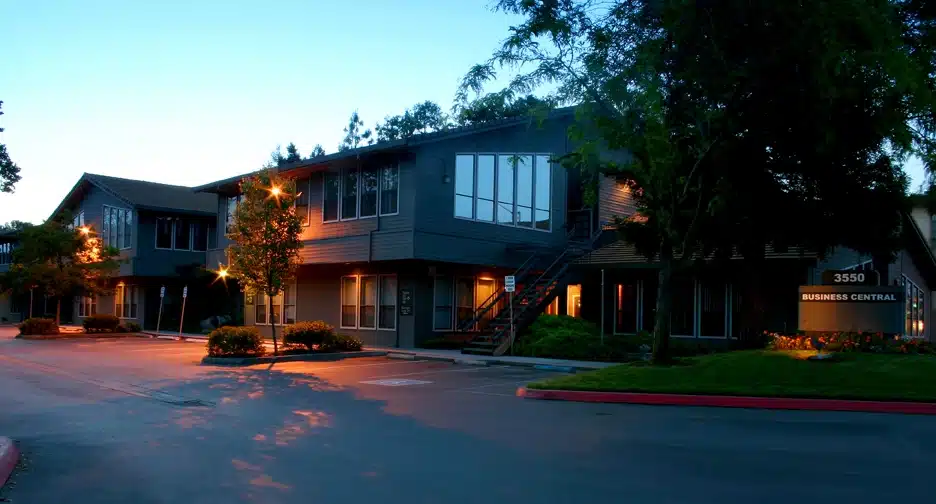
Frequently Asked Questions
-
What do addiction counselors do?
Addiction counselors serve as dedicated partners in your recovery journey, offering specialized support and guidance. They work with you to understand your unique experiences with substance use, help identify triggers and patterns, and develop personalized coping strategies.
Beyond individual counseling, they often coordinate with other healthcare providers like psychiatrists, assist with crisis intervention, and help you navigate family dynamics that may impact your recovery process.
-
What kind of therapy is used for addiction?
The most common include Cognitive Behavioral Therapy (CBT), which helps you identify and change thought patterns that lead to substance use, and Motivational Interviewing, which strengthens your internal motivation for change. Family Systems Therapy addresses how family dynamics influence recovery, while Dialectical Behavior Therapy (DBT) teaches practical skills for managing emotions and cravings. Many treatment programs combine these approaches based on your specific needs and circumstances.
-
What are the steps of overcoming addiction?
Recovery from drug and alcohol abuse is a personal journey that typically progresses through several key phases. It often begins with acknowledgment of the challenge and seeking professional help, followed by medical evaluation and possible detoxification if needed. The next phase involves engaging in structured treatment, which may include therapy, psychiatric medication management, TMS therapy, and support groups. As treatment progresses, focus shifts to developing coping skills, rebuilding relationships, and creating a sustainable recovery plan. Throughout this process, building a strong support network and learning to manage triggers remain crucial elements of long-term recovery.
-
What is the most effective treatment for addiction?
The most effective treatment approach is typically comprehensive and personalized, combining multiple evidence-based interventions. This might include a combination of medication management, individual therapy, group support, and addressing any co-occurring mental health conditions. Research shows that treatments integrating medical, psychological, and social support components tend to have the best outcomes.
-
How do I know what addiction treatment I need?
Determining the right treatment starts with a professional assessment of your specific situation. Factors including the substance involved, duration of use, severity of addiction, co-occurring mental health conditions, and your personal circumstances all influence treatment recommendations. A qualified healthcare provider can evaluate these factors and work with you to create a treatment plan that aligns with your needs and goals. This might range from detox/residential treatment to individual talk therapy, depending on your unique circumstances and the level of support needed for successful recovery.
